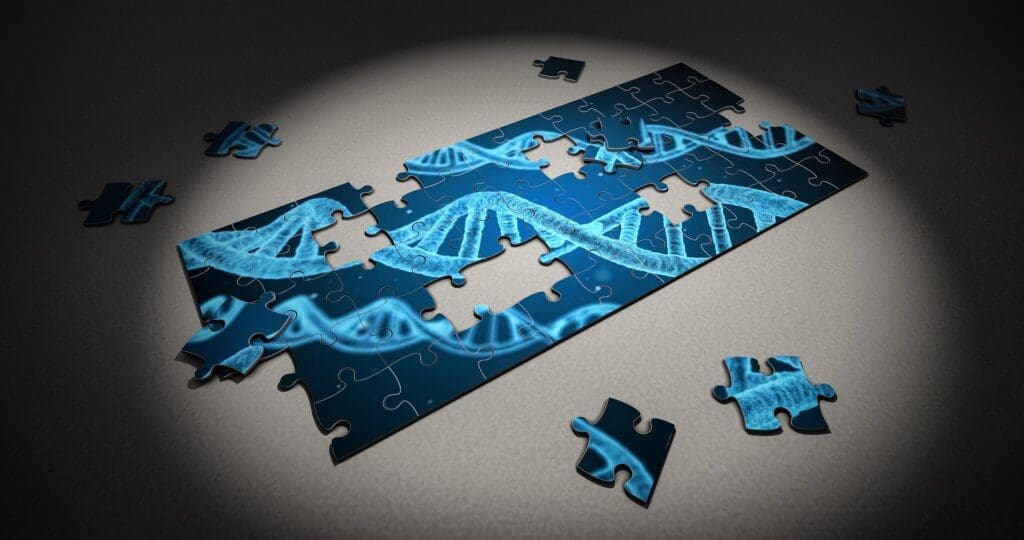Genome sequencing revolutionizes the diagnosis of rare diseases and cancer
A study by the University Medical Center Schleswig-Holstein (UKSH) shows that whole-genome sequencing detects disease-causing changes in the genome faster and more precisely than previous standard methods. Patients with cancer or rare diseases benefit in particular. The study, led by Prof. Dr. Malte Spielmann and Dr. Inga Nagel from the Institute of Human Genetics at the UKSH and the Universities of Kiel and Lû¥beck, was published in the journal Genome Medicine.

As part of the nationwide model project Genome Sequencing (genomDE), in which the UKSH has been participating since 2024, the method has been tested on over 400 patients with rare diseases. Trio genome sequencing, in which the genetic material of patients and their parents is analyzed, was particularly successful. This method identified genetic changes that go undetected with conventional approaches, such as in specific DNA areas or in the case of minimal structural deviations. Even without parental samples, genome sequencing showed advantages if experts evaluate the data.
The method accelerates and simplifies diagnostics compared to previous, often time-consuming procedures. With state-of-the-art sequencing equipment, specialized evaluation teams and close integration of research and clinical care, the UKSH is one of the leading centers for genome medicine in Germany. The genomDE pilot project gives patients with rare diseases or therapy-resistant cancer access to tailor-made therapies and promotes the integration of genomic medicine into standard care.
Read also:
National Biobank: Concept for central research platform presented – MedLabPortal
Original Paper:
Editor: X-Press Journalistenbû¥ro GbR
Gender Notice. The personal designations used in this text always refer equally to female, male and diverse persons. Double/triple naming and gendered designations are used for better readability. ected.




